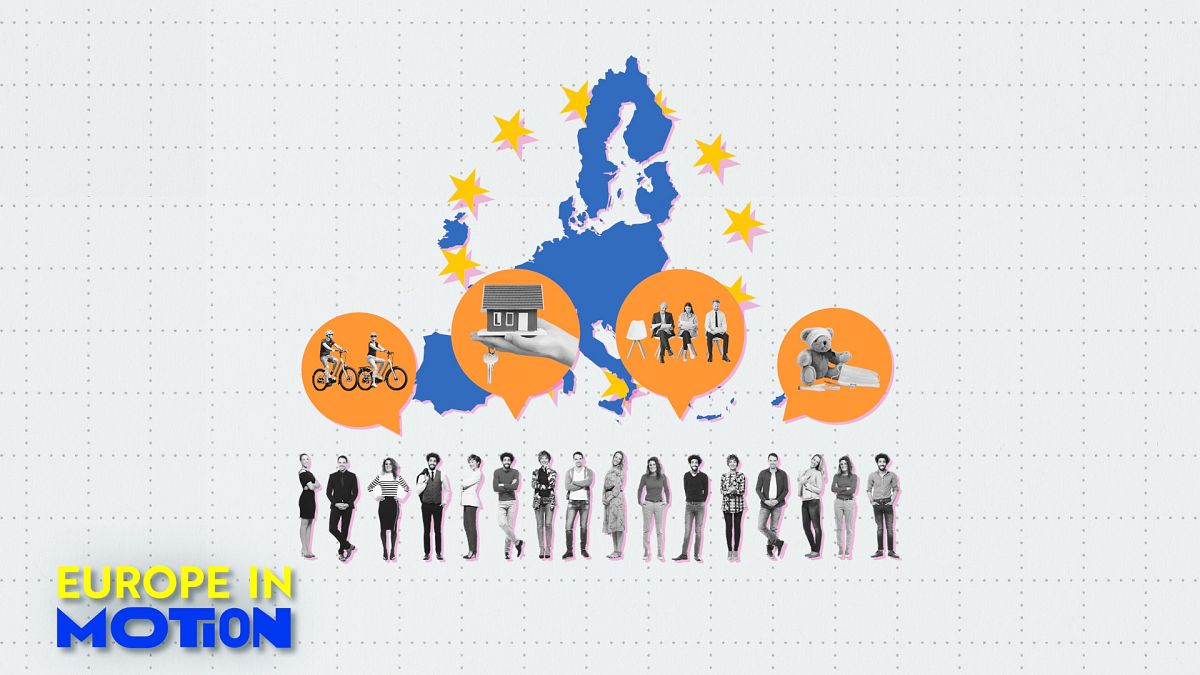A new Eurobarometer report shows that, across the EU, 40% of citizens identify a lack of affordable housing as an immediate and urgent problem in the place where they live.
In the first quarter of 2025, house prices in the EU rose by 5.7%, while rents increased by 3.2% compared with the same quarter of 2024, according to the latest Eurostat figures.
This is followed by a lack of quality public services, such as healthcare and childcare, which 32% of respondents identified as a major issue, followed by unemployment or a lack of job opportunities at 31%.
However, significant differences are reported depending on where respondents reside.
While affordable housing remains the top concern in both cities and towns (51% and 37%, respectively), rural respondents mention a lack of quality public services as their main worry, with 36% of respondents indicating this.
In 15 member states, at least half of the respondents living in cities replied that the lack of affordable housing is an immediate and urgent problem in their town, with the highest shares seen in Ireland (72%), Spain (69%) and Luxembourg (68%).
How do EU citizens feel about the action taken to address climate change challenges where they live?
More than six in ten citizens report that their local authorities are not taking sufficient action to address the challenges of climate change and environmental issues in the area where they live.
The sense of inaction ranges from 61% when it comes to waste management, including recycling facilities, to 73% for energy efficiency of buildings.
The perception that local authorities are either not taking action at all or are not doing enough to improve the energy efficiency of buildings is particularly prevalent in certain eastern and southern countries.
In Bulgaria, 91% of respondents feel this way, followed by Romania (86%), Hungary (85%), Croatia (84%), Slovenia (83%), Portugal (82%), and Spain (81%).
By contrast, fewer than 60% of respondents in Malta (56%), Luxembourg (57%), and the Netherlands and Sweden (both at 59%) share this viewpoint.
Meanwhile, in most member states, respondents living in rural areas are more likely than those in urban areas to believe that their local authorities are not doing enough in terms of sustainable public transport alternatives to car use.
This divide is most pronounced in the Netherlands, France, and Finland.
When it comes to pedestrian safety and cycling lanes in urban areas, women are more likely than men to state their local authorities do not take enough action, or any at all.
Read the full article here


